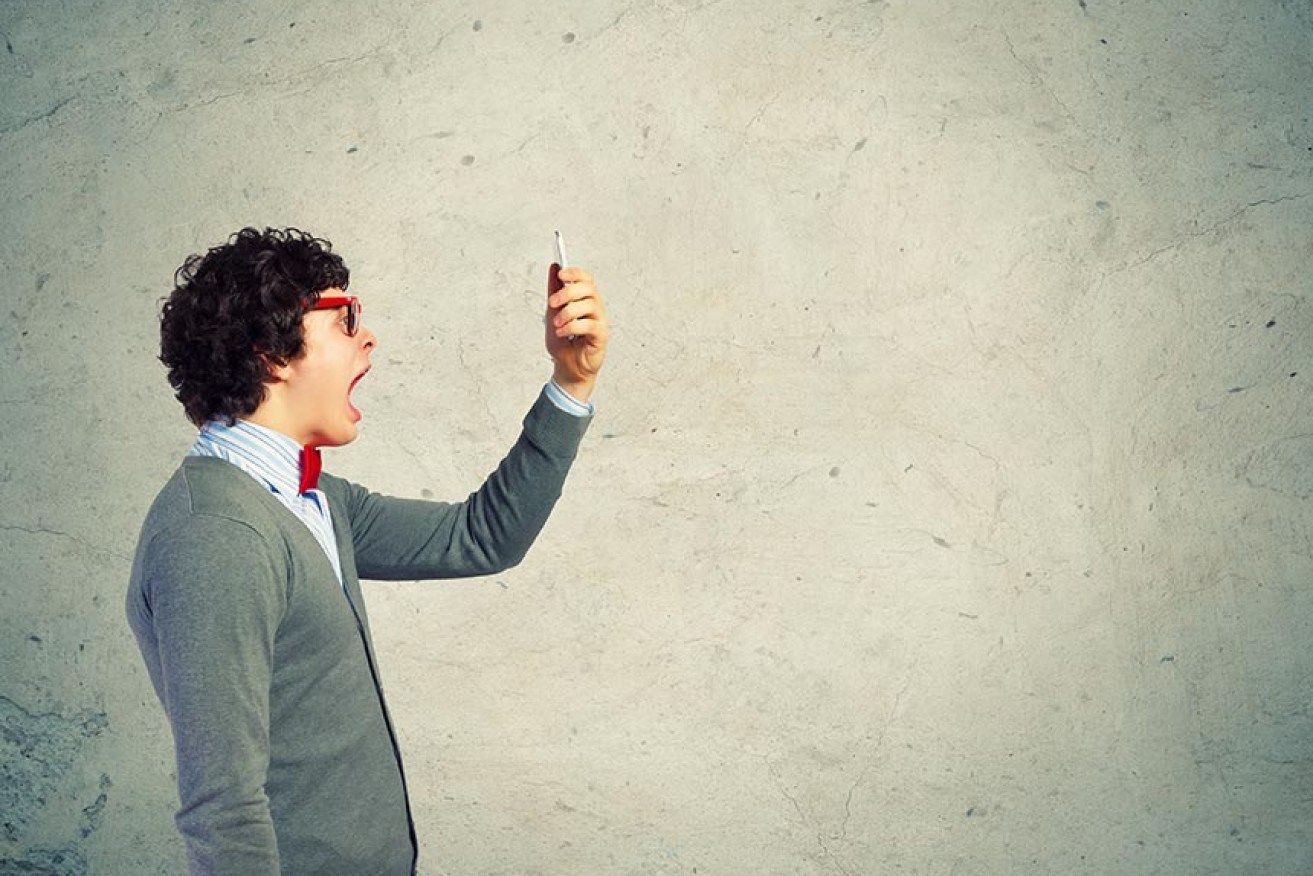You are what you tweet, and there are consequences


Why do so many people on Twitter think they can throw vile personal insults at will?
Prime Minister Tony Abbott has always had his detractors, but the invective spewed at him when he tweets is astounding.
When Mr Abbott wished us a happy, peaceful and safe Christmas, one respondent wished him dead.
“I hope your Christmas is full of misery, nightmares and your plan (sic) falls out of the sky you hypocritical c…,” they tweeted, followed by, “Bigot, racists, elitist fascist scumbag. You will not last one term a…hole.”
Mr Abbott also copped it from another for congratulating Australia on winning the Ashes. “F… UP YOU SEEDY C…, GO MURDER SOME MORE ASYLUM SEEKERS. I HOPE YOU CHOKE ON THE D… YOU EAT FOR DINNER.”
Opposition Leader Bill Shorten’s New Year message also attracted hysterical responses: “Thanks for handing Abbott power with your totally inhumane incompetence. F… off and disappear.”
User beware
With more than 230 million monthly active users and 500 million tweets sent per day, the potential for such material to be widely read is huge.
Some tweeters have been sued and if they aren’t careful more will find themselves on the wrong end of a defamation suit. Others comment on unfinished court cases, breaking sub judice laws and potentially prejudicing court cases.
In 2011 Courtney Love, the US singer and wife of the late Nirvana’s Kurt Cobain, was sued by a fashion designer who claimed she had defamed her on Twitter. That case was settled out of court for $US430,000 – that’s $3071 for each of the 140 characters allowed in a tweet. Love was back in a Los Angeles court last week being sued again for a June 2010 tweet in which she said her lawyer had been “bought off” after refusing to bring a fraud case in the dispute over Kobain’s estate.
Also in 2011, Australian author Marieke Hardy reportedly settled out of court after Melbourne man Joshua Meggitt said she falsely accused him of being the author of a hate blog. Hardy apologised for the comments, which were made on her blog and linked to on twitter.
How vulnerable is the average Twitter user?
Director of social media at Melbourne social media agency Thinktank Social, Sam Mutimer often sees defamatory comments on Twitter.
“On Twitter everyone has a voice and anyone can be a journalist,” she said. “I’ve seen it being used to personally attack a person or brand in ways that would possibility not be used face-to-face or over the phone.”
Ms Mutimer said people tended to be more colourful online and “seem to forget” offline etiquette. This was particularly the case on Twitter where people had just 140 characters to gain attention.
“Behaviour should be consistent across the board, however due to a screen perceived to be protecting the user in some way, manners drop very quickly,” she said. “People also tend to forget there is another person at other end of the tweet.”
Ms Mutimer warned that defamed public figures may decide to sue at some point.
“If a tweet is stating something that is incorrect and can hugely effect that person’s reputation and has been tweeted at scale then action could be considered,” she said.
Snappy comebacks
Some public figures, like James Blunt, use wit to deal with trolls.
Ms Mutimer said when one asked Mr Blunt why he sang “like his willy was being stood on” he responded: “Damn thing’s always getting caught under my feet.”
AFL CEO Andrew Demetriou is another target of online invective, which flowed freely as the Essendon supplements scandal unfolded throughout 2013.
Many personally attacked Mr Demetriou’s integrity and that of the AFL. Responding to someone else’s comment, one tweeted, “as much chance as Mrs Demetriou waking up to a c… free husband”.
Ms Mutimer said everyone should think before tweeting. Is the information useful? Will it add value? Would you say it to a person’s face? Are you happy for it to be raised in the future?
“What you say on Twitter may be viewed around the world instantly,” she said. “You are what you tweet.”
Your responsibilities
Twitter Australia’s director of media partnerships Danny Keen said Twitter was not a publisher, but provided a service allowing users to receive content from sources of interest and share content with others.
“All content, whether publicly posted or privately transmitted through our service, belongs to the user who created the content,” he said. “Users are responsible for their content on Twitter.”
Twitter has rules about “Content Boundaries”, “Use of Twitter” and “User Abuse” on its support pages (Twitter Rules). Click here for Twitter’s guidelines for users on reporting abusive behaviour.
Mr Keen said Twitter did not actively monitor content, but provided users with reporting tools that could prompt a review.
“Users can report abusive and potentially inflammatory content and behaviour on Twitter here or by clicking on ‘more’ then ‘report tweet’ on the bottom right of every tweet,” he said.
“If found to be in violation of the Twitter Rules and Terms of Service, Twitter does have the right to remove content and/or suspend/terminate an account.”








